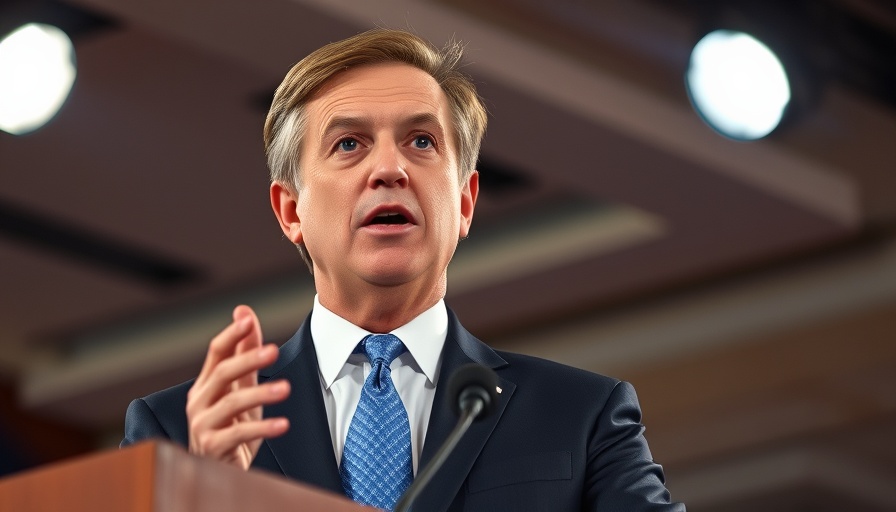
Trump's First Steps on Reproductive Health: A Breakdown
In just 100 days, former President Donald Trump has taken significant strides that have reshaped the landscape of reproductive health care in the United States. His administration's focus on such policies has sparked wide-ranging discussions, particularly as they relate to access, rights, and overall community health. But what exactly has he done?
Policy Changes Impacting Women's Health
One of Trump's earliest moves was the reinstatement of the Mexico City Policy, also known as the Global Gag Rule. This policy prohibits U.S. funding for foreign organizations that provide or promote abortions, a significant decision that takes aim at reproductive health services offered globally. Critics argue this harms health and wellness particularly in communities that rely on U.S. support for necessary health services. On the other hand, supporters believe it aligns with pro-life values and is therefore a positive step towards promoting life.
Defunding Planned Parenthood: The Debate Continues
Additionally, funding cuts to Planned Parenthood have been a controversial point. Planned Parenthood provides a myriad of health services, including essential screenings and preventive care that go beyond reproductive health. The defunding not only impacts abortions but might also limit access to vital services such as cancer screening and contraception, thereby affecting community health and wellness significantly.
Local Perspectives on National Policies
From San Antonio to cities across the nation, reproductive health care is closely tied to local health and wellness initiatives. Community health and wellness centers often serve as the safety nets that ensure access to comprehensive health services. With federal policies altering the funding landscape, local agencies are facing increased pressure to close the gaps left by such decisions. This brings to light the importance of understanding how national policies can trickle down to affect community health outcomes.
The Effects of Restricted Access: An Urgent Call to Action
As policies shift, the implications on women's health cannot be overstated. With limited access to reproductive health care services, women may find themselves at a higher risk for not only maternal health complications but broader public health issues. Organizations that promote health and wellness must advocate for comprehensive support systems to cushion the impact of these federal changes.
Future Considerations: Advocating for Balanced Health Policies
Looking ahead, there is an urgent need to re-evaluate and advocate for balanced health policies that not only respect individual rights but also prioritize community health. As citizens become more informed and engaged, the expectation is that health and wellness will come to be viewed not solely as individual issues, but as collective societal commitments.
Resources to Empower Community Conversations
Engagement is key to creating change. Local health and wellness organizations are crucial mediators in this national conversation. Connecting with or supporting your nearby health and wellness center can drive community dialogue and help in sharing critical resources, such as educational materials or workshops focused on personal health management. By actively participating in the local health landscape, community members can empower each other with necessary information.
Understanding the landscape of reproductive health care in the current political climate is essential. Staying informed is the first step in advocating for rights that ensure the health and well-being of every individual, aligning with the definition of optimal health and wellness.
 Add Row
Add Row  Add
Add 




 Add Row
Add Row  Add
Add 


Write A Comment